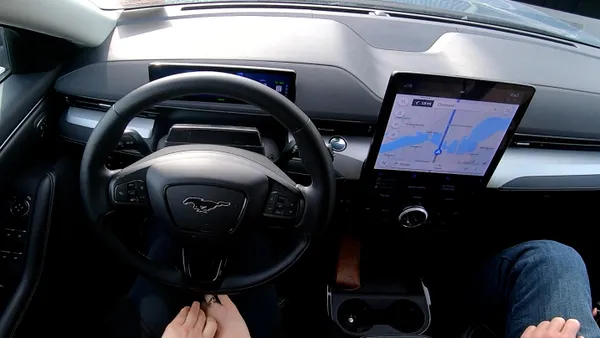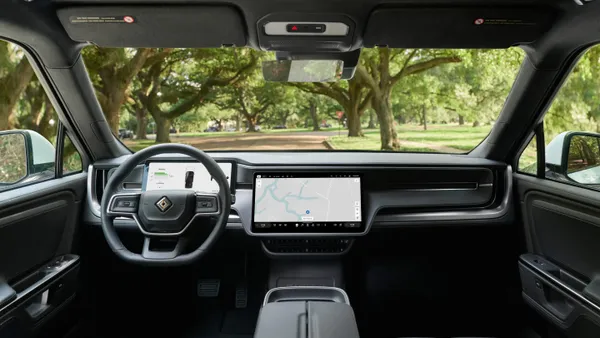The use of generative artificial intelligence is spreading across the credit risk industry, but automotive dealers are not so sure about the use of the technology in their work determining credit risk for car loans.
According to J.D. Power’s 2024 U.S. Dealer Financing Satisfaction Study, more than half of surveyed dealers — 55% — report that they are uncomfortable with the use of AI in determining auto loans. This is a 5% increase from last year’s iteration of the study, which found 50% of dealer finance teams noting their discomfort with the use of AI in their work.
Dealer finance teams cited the loss of human interaction, limited creativity and fear of redundancy for employees as their top concerns with AI. The study surveyed 4,472 auto dealer finance employees in early 2024.
Several credit risk organizations are beginning to use generative AI in their work, and more expect to do so by October 2024, according to McKinsey research released last month.
But dealer finance teams are worried.
“There is a growing sense of concern among dealer finance teams that the increased prevalence of AI in the lending process will limit their ability to find creative solutions, forge key relationships with lenders and effectively close deals,” Patrick Roosenberg, senior director of automotive finance intelligence at J.D. Power, said in a statement.
J.D. Power reports that AI lending is said to lead to faster, more accurate credit decisions. At the same time, consumers around the world have shared stories about being unfairly rejected by AI lending decision models, which may even bake discrimination into them. And in a December eLend Solutions poll, many auto dealers and finance teams said that AI decision-making led to customers receiving inaccurate price quotes online.
But Roosenberg emphasized that new technology frequently disrupts existing working conditions.
“Lenders need to leverage past experiences and lessons learned in previous technological transformations, such as the introduction of digital and modern retailing technologies,” he said, adding that such technologies “ultimately improved the lending process for dealers who embraced the change and learned how to leverage technology to their advantage.”
According to a recent academic study, AI models increased profits from dealer auto loans by 34%, suggesting that dealers may indeed be able to leverage benefits of AI. Still, the researchers noted a cost: profits were mainly derived from charging high-risk customers more.











